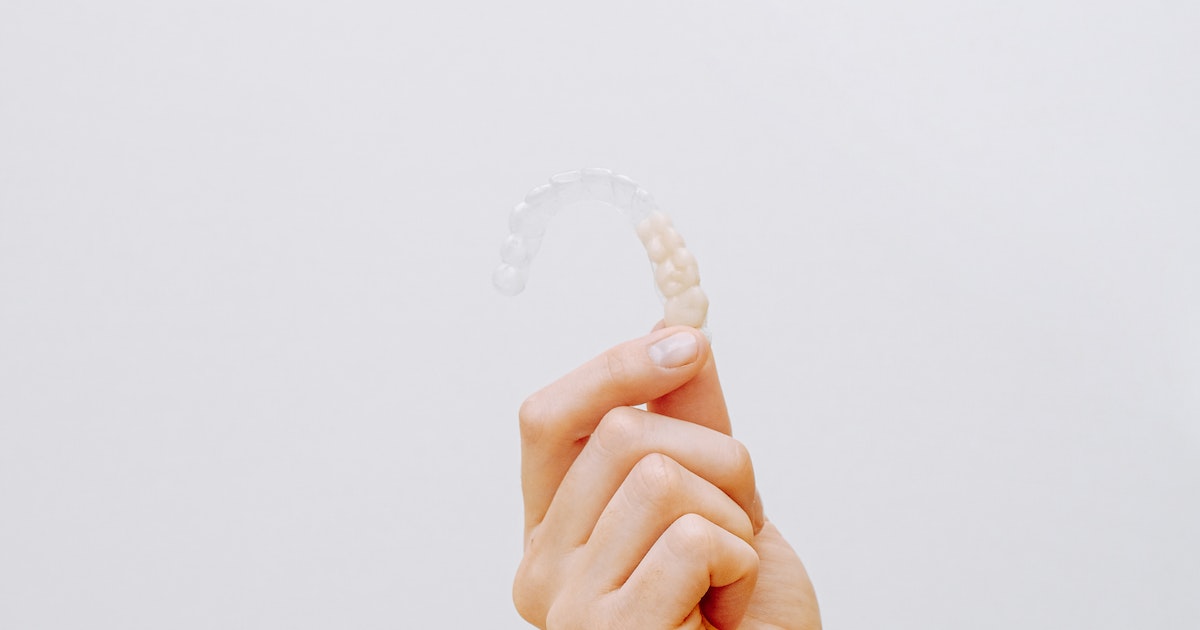You may have to get used to not wearing a mouthguard in addition to getting used to it when you first start using it. This will be determined by how your disease progresses and whether your dentist recommends that you continue to wear the guard.
Con 4: They Require Replacement
Mouthguards, like most medical devices, do not endure forever. This implies that you will need to replace your nightguard at some point. This is more of a concern with youngsters, as their mouth shifts and grows as their teeth grow.
Even if you are an adult, the mouthguard might wear out and become less effective with time. Alternatively, wear may cause it to fit less comfortably than it did previously. However, as with the other disadvantages, there is a simple remedy.
You can replace the nightguard if it gets uncomfortable or less effective. In fact, your dentist will almost certainly request that you bring your nightguard to your regular cleanings. This allows him to certify that it fits properly and that you do not require a replacement.
Con 5: You Must Follow the Directions
This is a minor disadvantage of using mouthguards. You must follow your dentist’s instructions to get the most out of your nightguard. This includes instructions for both using and cleaning it. Bacteria can accumulate in your mouthguard if it is not cleaned on a regular basis.
Of fact, most people should be able to overcome this, especially since nightguard instructions are simple. Ask your dentist if you have any questions regarding how to use or clean it.
Conclusion
Wearing a nightguard can help address issues such as bruxism. While you sleep, nightguards protect your teeth from grinding or other harm. Because they are custom-fit to your mouth, they are both pleasant and breathable. The only drawbacks are minor, such as the necessity to clean and adjust to the nightguard.
